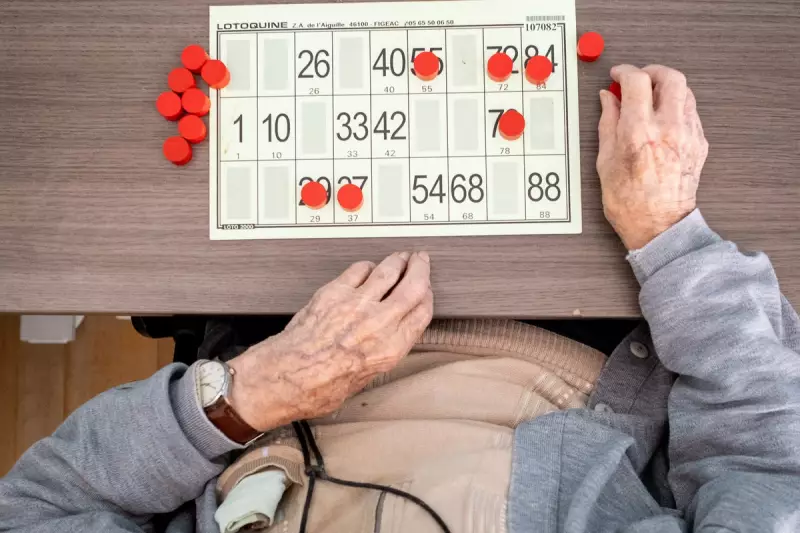
Scientists have made a significant discovery that could explain one of the most heartbreaking aspects of Alzheimer's disease: why patients forget their closest family members and friends.
Protective Brain Structures Hold the Key
Researchers from the University of Virginia in the United States have found that the breakdown of protective net-like structures surrounding nerve cells in the brain may be responsible for this devastating memory loss. These structures, known as perineuronal nets, appear crucial for maintaining social memories.
The study, published in the journal Alzheimer's and Dementia, revealed that when these protective nets break down, Alzheimer's patients lose what scientists call social memory – the ability to remember people they know well, including family members and caregivers.
Promising Results from Laboratory Studies
In experiments with laboratory mice, researchers made a remarkable finding: preventing the loss of these protective nets also prevented the loss of memories related to previous social interactions.
The mice with faulty nerve nets lost their ability to remember other mice, even though they could still form new memories about objects in their environment. Crucially, when scientists protected these brain structures early in the rodents' lives, those with Alzheimer's maintained better memory of their social interactions.
Dr Harald Sontheimer, one of the study authors, described the significance of their discovery: "Finding a structural change that explains a specific memory loss in Alzheimer's is very exciting. It is a completely new target, and we already have suitable drug candidates in hand."
Existing Drugs Offer Hope for Future Treatment
The research team used a class of drugs called MMP inhibitors to protect the net structures in their experiments. These medications are already being investigated for their potential to treat conditions including cancer and arthritis.
Since the changes observed in mouse brains align with those seen in human Alzheimer's patients, researchers theorise that targeting these protective nets in people could offer similar benefits.
Lata Chaunsali, another author of the study, explained: "In Alzheimer's, people have trouble remembering their family and friends due to the loss of a memory known as social memory. We found that the net-like coating known as perineuronal nets protects these social memories."
However, Dr Sontheimer cautioned that more research is needed regarding safety and effectiveness before this approach can be considered for human patients.
The findings come at a critical time, with approximately 55 million people worldwide currently suffering from Alzheimer's. This number is estimated to grow by 35% over the next five years alone, highlighting the urgent need for effective treatments.





